Story highlights
English Premier League turns 25
First season featured no players from South America or Asia
Now the world's most diverse division
It’s been dubbed the “best league in the world,” but when the English Premier League kicked off 25 years ago a foreign name on the teamsheet was rare.
In its first ever season, back in 1992/93, 71% of registered players were English and just 55 came from outside of Britain.
By the 2007/08 campaign, that percentage of domestic players had halved, with over 350 players from 60 nations represented.
Now, on the 25th anniversary of its inception, CNN Sport analyzes how the world’s richest football league has changed the game forever, becoming the favorite destination for many of the globe’s best players.
1992/93
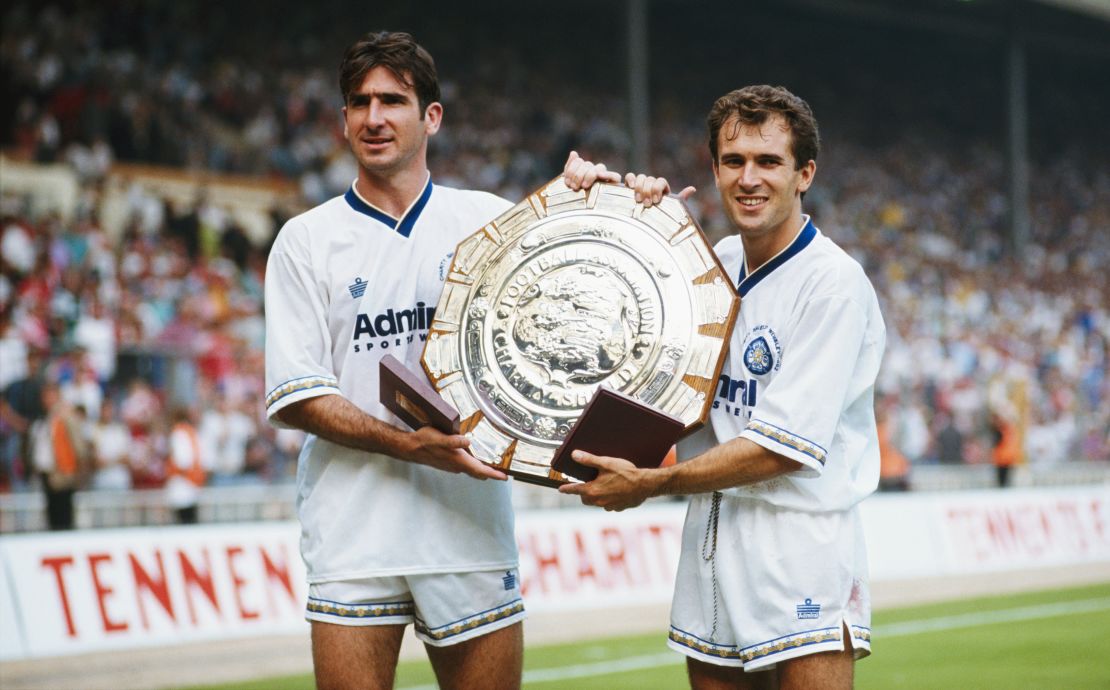
Before the Premier League became awash with cash, some players did come from overseas but most hailed from Scandinavia – a far cry from the global influx of today – with Danish goalkeeper Peter Schmeichel helping Manchester United to the title.
The division featured 22 teams, and all were led by a British manager. Even more remarkably given the turnaround in managers these days, only one – Chelsea’s Ian Porterfield – was sacked in that inaugural season.
There were no players from South America, Asia, Italy or Portugal.
The only Frenchman to take to the field that year, Eric Cantona, scored the Premier League’s first ever hattrick for Leeds United.
1997/98
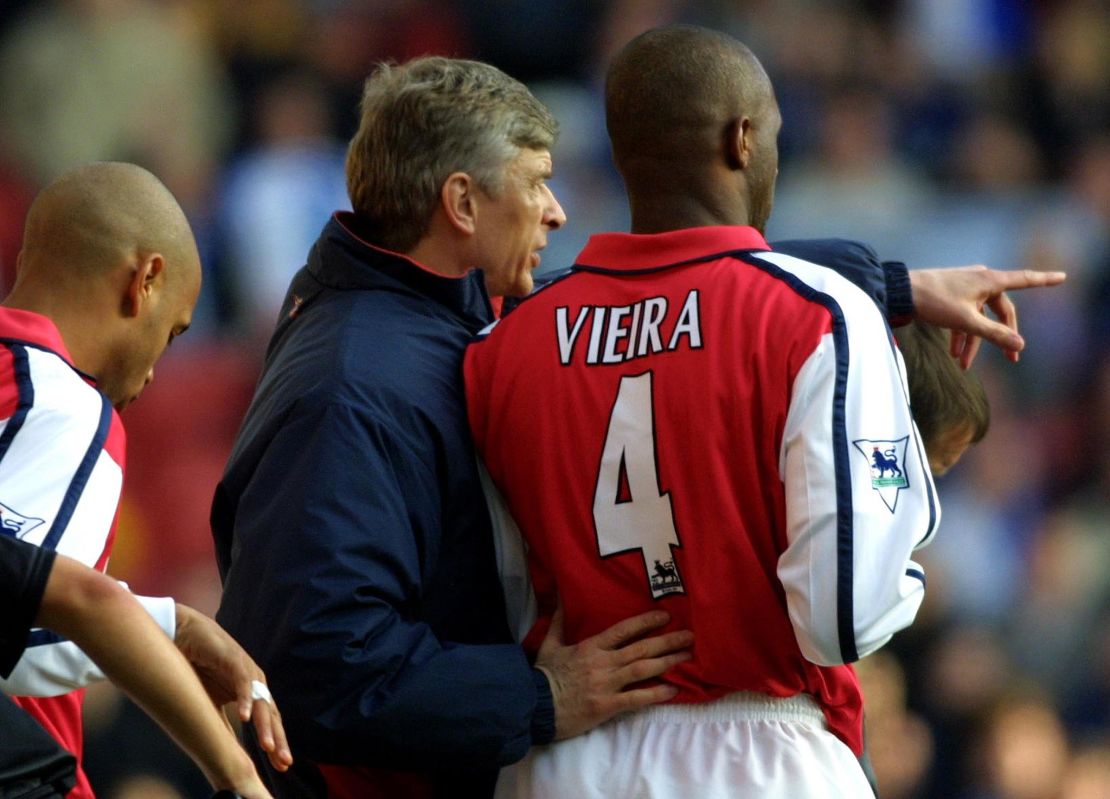
Five years on, Arsenal had lured French manager Arsene Wenger to the Highbury dugout from Japan – he was appointed in September 1996 – and the pace of change really began to accelerate.
The majority of the 602 players registered that year were still English, but the number of different nationalities featured across the season had almost doubled.
Arsenal’s Dutchman Dennis Bergkamp thrilled supporters with his finesse and technique, scoring 16 league goals on his way to winning the PFA Player of the Year award.
Former Italy striker Gianluca Vialli replaced former Netherlands midfielder Ruud Gullit as manager of Chelsea, illustrating a growing appetite for foreign leadership.
Wenger, having scoured the continent for talent including Patrick Viera and Emmanuel Petit, became the first manager from outside the British Isles to lift the Premier League trophy.
2002/03
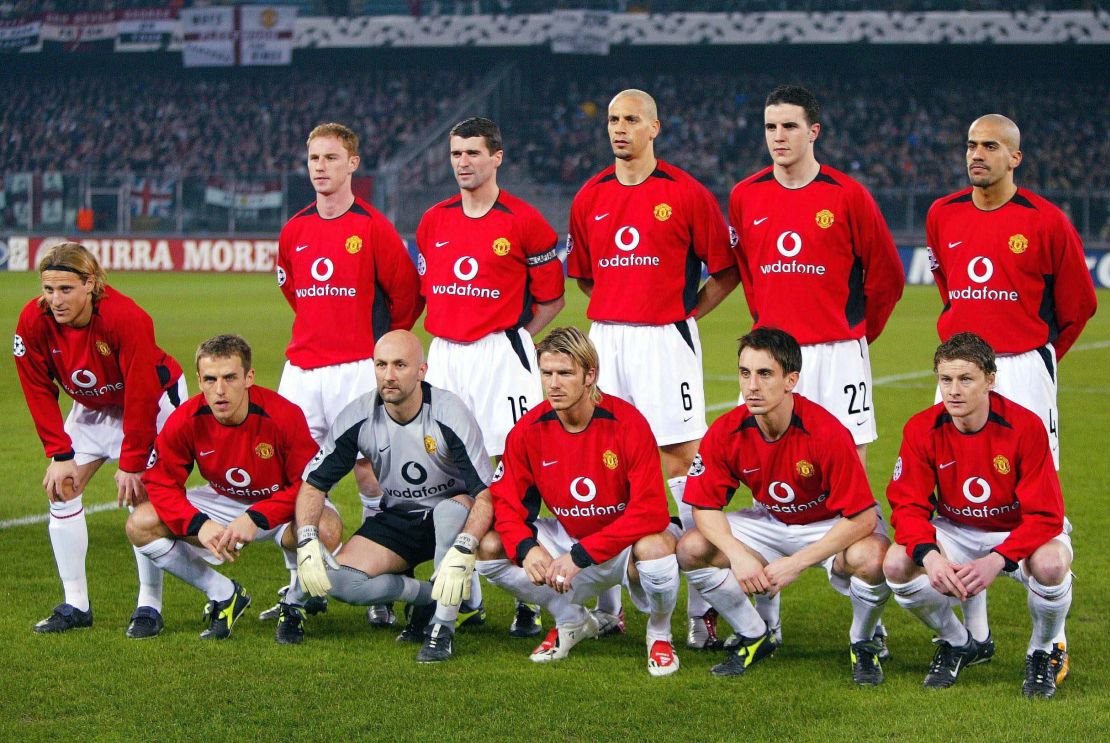
On Boxing Day 1999, Vialli became the first boss to field an entirely non-British starting XI in the history of English football.
By the 2002/03 season, 77 nationalities were represented in the 20 squads, and there were more foreign recruits (58%) than homegrown players.
The French national team had been the dominant force in international football in the preceding years, lifting the 1998 World Cup and 2000 European Championships, and English teams increasingly looked to their close neighbors for new talent.
One thing hadn’t changed – Scotsman Sir Alex Ferguson still prowled the Old Trafford touchline – and Manchester United saw off Arsenal to clinch the title.
United’s clinical Dutchman Ruud van Nistelrooy (25 goals) edged Arsenal’s PFA Player of the Year Thierry Henry (24) to claim the golden boot.
Seven of the top 10 goalscorers weren’t English, with two (Leeds United’s Mark Viduka and Harry Kewell) hailing from Australia.
2007/08
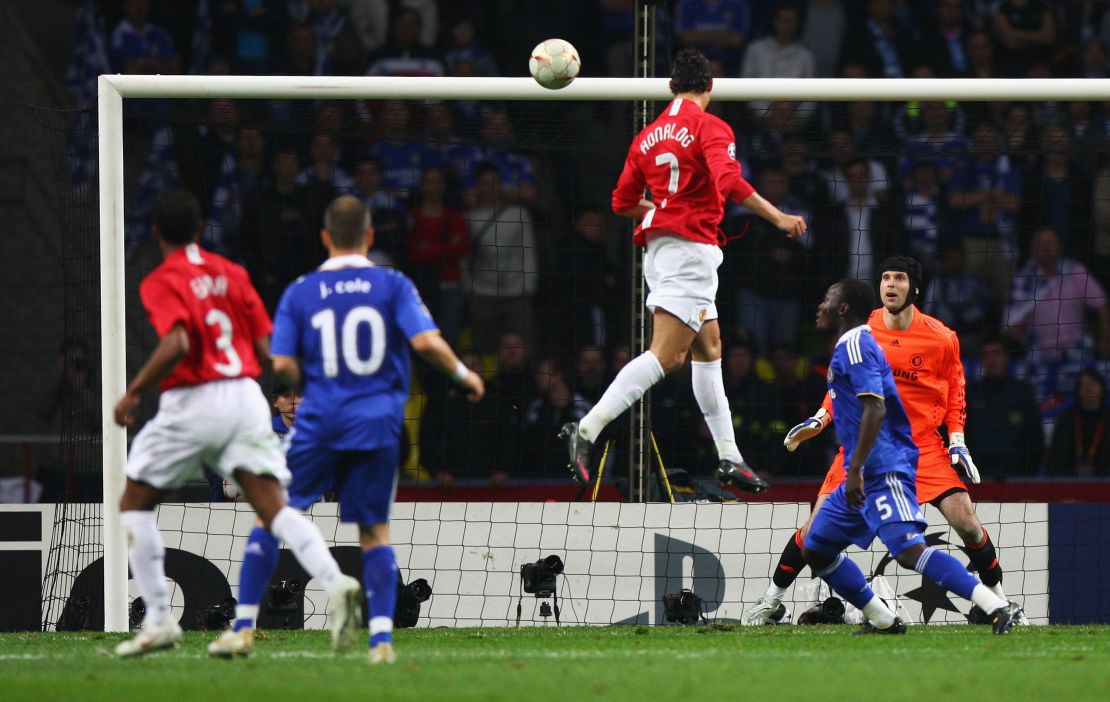
Europe was feeling the Premier League’s power.
In 2008, United and Chelsea faced off at Moscow’s Luzhniki Stadium – only the second time two clubs from the same country had contested a Champions League final.
That game was also the fourth consecutive Champions League final contested by at least one Premier League team.
It meant the division was more attractive than ever and, perhaps unsurprisingly, over 65% of players registered that year were foreign.
It was also the nadir for the English national team, which failed to qualify for Euro 2008 under Steve McClaren.
Portuguese forward Cristiano Ronaldo scored 31 league goals to lead Manchester United to the 2007/08 title, but his time in English football would soon be up.
Since his $132 million transfer to Real Madrid in 2009, Spanish clubs have dominated Europe’s premier club competition.
2012/13
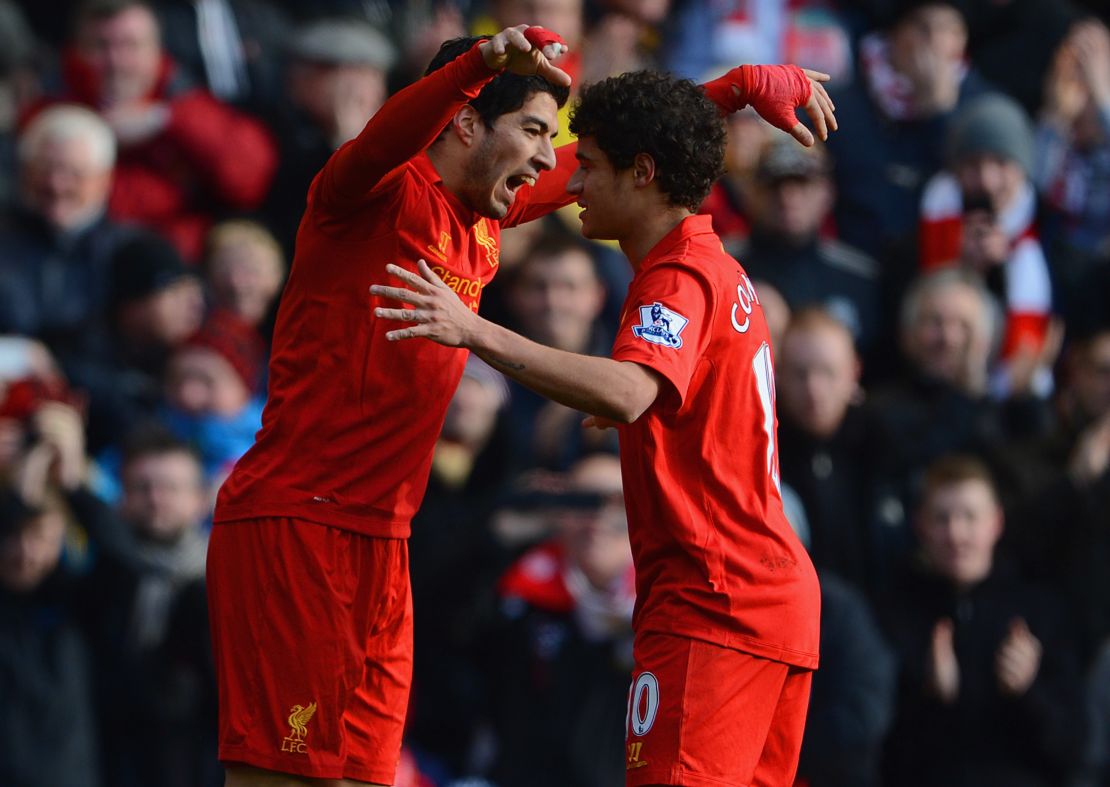
The bubble – so often predicted to burst – just kept ballooning as the TV broadcasting deals got bigger and bigger and billionaire owners scrambled to grab a piece of the action.
In 2012/13, Premier League squads featured players from 82 nations around the world – from Antigua and Barbuda all the way to Zambia.
Liverpool’s Uruguayan Luis Suarez pushed United’s Dutchman Robin van Persie all the way for the golden boot, while just 22% of the 27 permanent and caretaker coaches were English.
2017/18

Now, 25 years on, the Premier League continues to have by far the highest proportion of foreign players.
According to UEFA’s most recent Club Licensing Benchmark Report, the Cypriot First Division has the next highest proportion of expatriate players (57.1%), followed by the Belgian Pro League (57.1%) and LIGA NOS in Portugal (55.6%).
Visit CNN.com/sport for more news and features
Just 13 players from outside the British Isles took to the field in the first ever Premier League weekend.
After 9,756 games and over 25,000 goals, 113 different nations have been represented. The world’s Premier League indeed.
CNN’s Henrik Pettersson contributed to this report